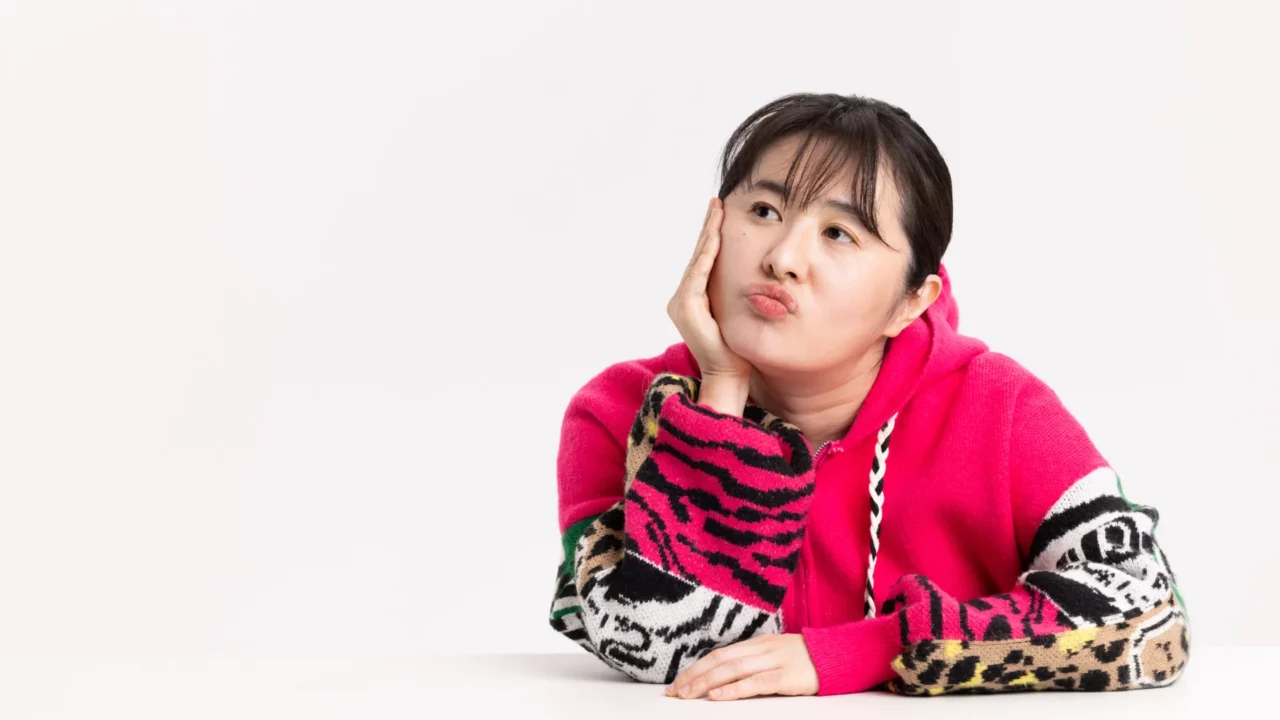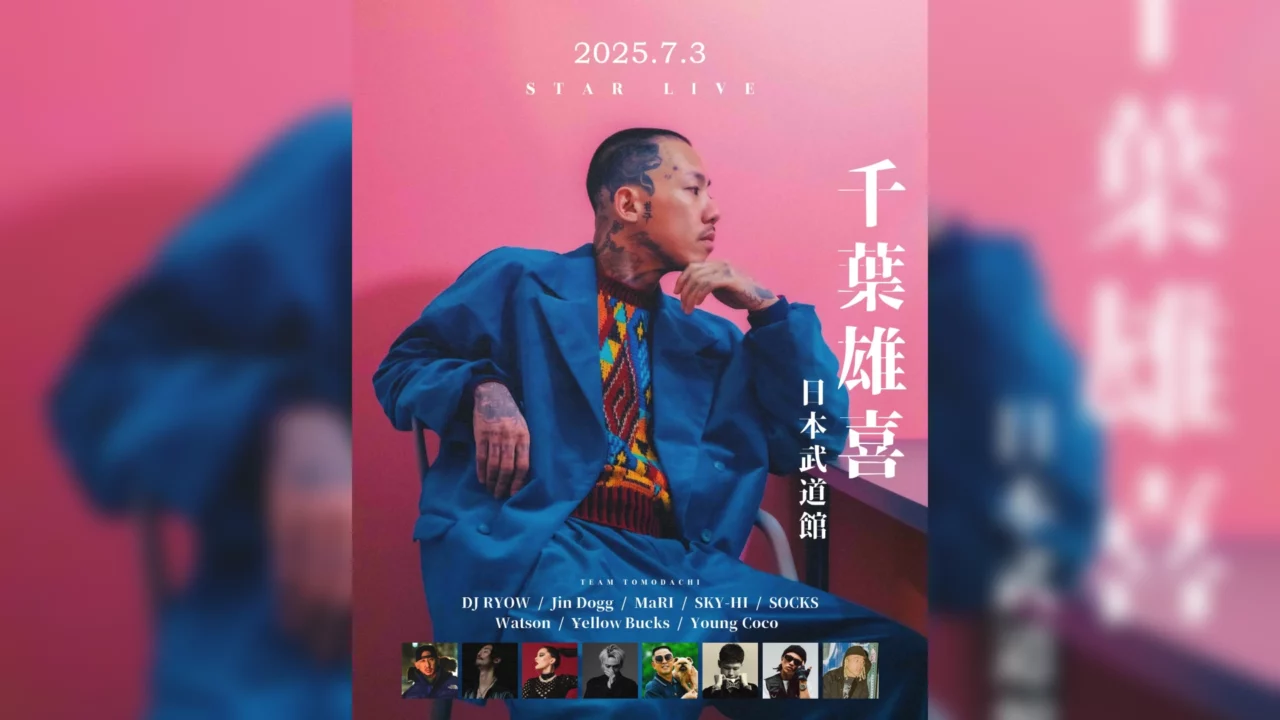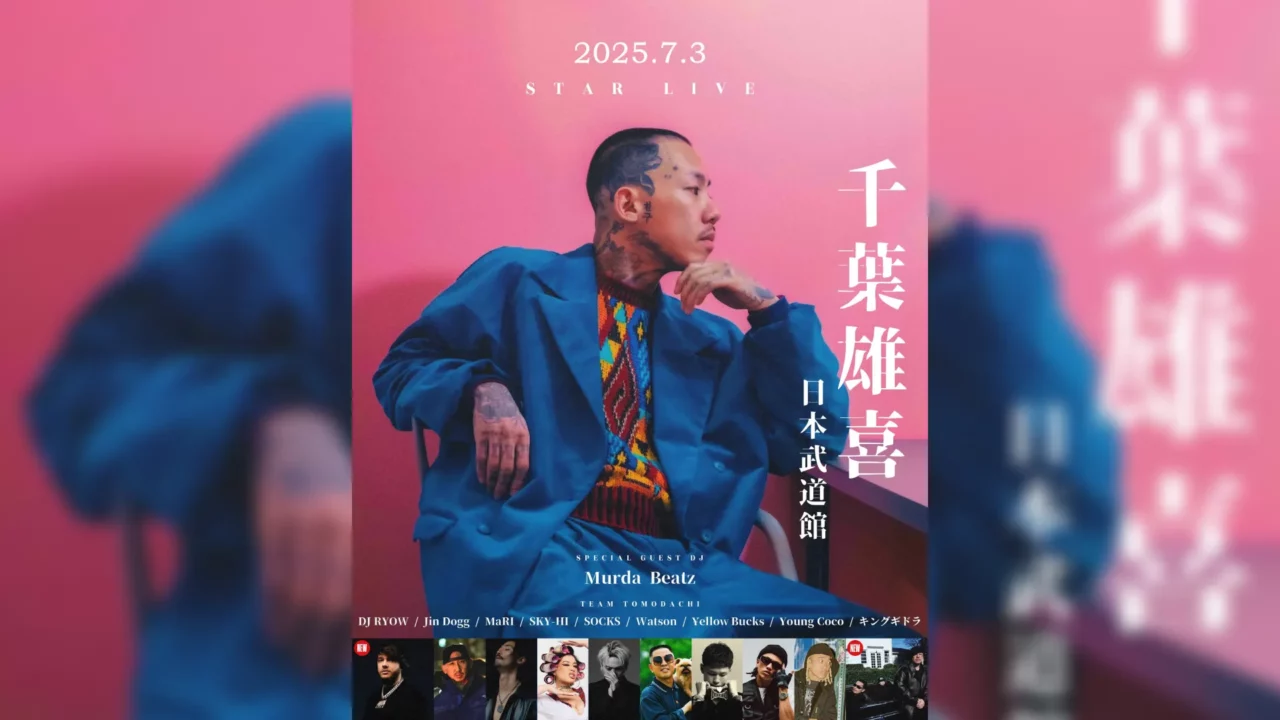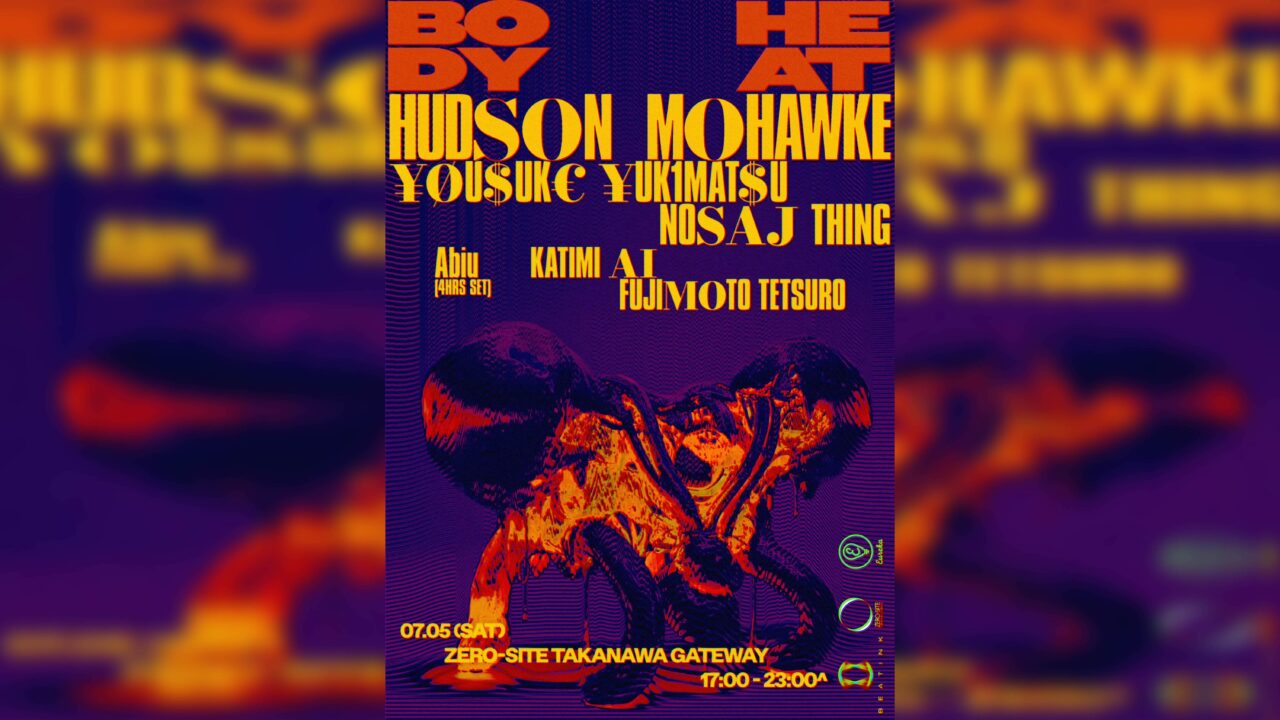Singer-songwriter Yui Shetona, who gained attention for being featured by DJ HASEBE before her debut and securing NHK Radio tie-ups, has released her 2nd EP “TINY LAND.”
Following her previous work “MUSIUM” by about a year, this release features five tracks where she sings melodic, ethereal tunes with her smoky alto voice, sprinkling influences from hip-hop, jazz, and classical music that she has been familiar with since childhood. The unique soundscape mixes ’80s-like beats and synth phrases with modern effects like autotune, already exuding a sense of maturity.
Having delved into pop music almost entirely self-taught from a classical background, she graduated at the top of her class from the Music Creation program at Osaka Music University. How has her unique musical style been cultivated over the years?
INDEX
Fascinated by Black Music in Adolescence: An Unexpected Struggle with Her Singing Voice
-You learned to play the violin as a child. Were you from a musical family?
Shetona: No, my friends who lived in the neighborhood were taking a lot of lessons, so I asked them, “I want to play too! I asked them. One of the reasons was that there were many teachers in the neighborhood who taught classical instruments. I also used to play the piano, but I was too bad at it (laughs), so I switched to the violin and continue to play it today.

Yui Shetona
Graduated at the top of the Music Creation program at Osaka University of Music. Starting ballet in her childhood, she experienced various genres of music including violin and street dance, leading up to the present. Before her debut, she was selected as a featuring artist by DJ HASEBE and gained attention through NHK Radio tie-ups. Her “MUSEUM EP,” released in 2023, was also highlighted by the producer Hyadain, and her latest work “Groovin’ Weekend” has been performing well, reaching as high as 15th place on FM NORTH WAVE, making her an increasingly noteworthy artist.
-Was the music you were listening to a lot at the time mainly classical music?
Shetona: Yes, I did. I liked austere composers like Vivaldi, but I was also attracted to fantastic impressionist composers like Debussy. That’s when I started learning classical ballet, but ever since I was little, I’ve always had a problem with girly outfits (laughs). I didn’t like frilly costumes, so I went to a street dance class and had a lot of fun, and from there my exposure to black music increased. Through dancing, I became fascinated by their unique groove, singing style, and rhythm, and I majored in a vocal course in high school.
-So you were also interested in “singing” from that time?
Shetona: When I entered the vocal course, I was first forced to sing J-Pop uniformly. That is not in my own roots, and the mainstream high tone voice did not suit my voice quality either, making it difficult to sing. I was never told I was “good” by students or teachers who judged me on how high I could hit the high notes or on such techniques. Rather, I was constantly told in a slightly negative way, like, “You have an unusual voice.
-I was always told that I had an unusual voice, but in a negative way.
Shetona: Yes, that’s right. I was still a student at the time, so I couldn’t stand the way people looked at me like I was the only one who was different. But I had an opportunity to try gospel singing in class, and when I was praised for it, I said, “That’s really good! and I was praised for it, which led me to gravitate toward jazz and soul. From there, I was awakened to the coolness of R&B music sung by women with low voices like iri, and I became more confident in my singing and voice.

-When you were in high school, you were more interested in “not wanting to study” than in “wanting to do music,” right?
Shetona: I entered (university) with a light heart, thinking that I would like to make film music if I could, so I didn’t expect to be so deeply involved in the world of music (laughs). (Laughs.) At the time, I had nothing I really wanted to do, and I spent the first half of college not knowing what I wanted to do or what I could do.













